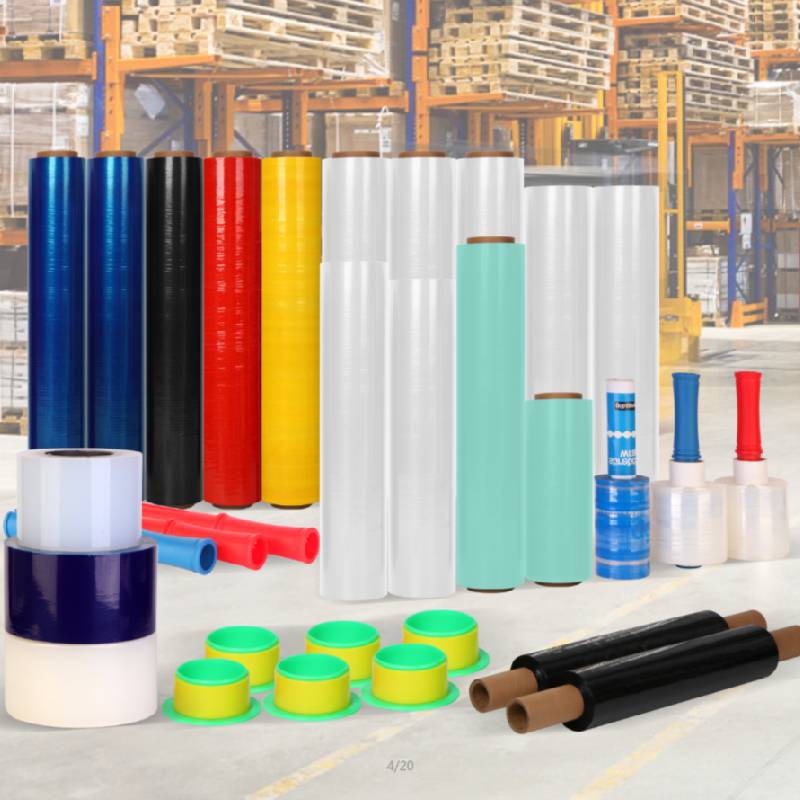Compostable Refuse Bags - Eco-Friendly Waste Solutions
The Rise of Compostable Refuse Bags A Sustainable Solution for Waste Management
In recent years, environmental awareness has surged, prompting individuals and businesses to seek more sustainable practices in daily life. One of the significant strides in eco-friendly waste management is the adoption of compostable refuse bags. These bags offer a compelling alternative to traditional plastic ones, aligning with the growing demand for sustainable solutions.
Compostable refuse bags are made from natural materials, such as cornstarch and other plant-based polymers, which allow them to break down naturally in composting environments. Unlike conventional plastic bags that can take hundreds of years to decompose, compostable bags typically decompose within a few months in the right conditions. This characteristic makes them an attractive option for those aiming to reduce their carbon footprint and contribute to a healthier planet.
One of the primary benefits of using compostable refuse bags is their ability to enhance compost quality. When these bags are composted properly, they break down into organic matter that enriches soil, providing essential nutrients for plant growth. This process transforms what would have been waste into valuable compost, which can be used in gardens and landscaping, promoting a circular economy. Furthermore, by diverting organic waste from landfills, compostable bags help reduce methane emissions—a potent greenhouse gas that is released when organic materials decompose anaerobically in landfills.
compostable refuse bags

Moreover, the use of compostable refuse bags supports efforts to educate consumers about waste management and sustainability. As more people become aware of the differences between various waste disposal options, they are encouraged to rethink their consumption patterns and waste disposal habits. This shift in mindset can lead to more individuals participating in community composting initiatives, ultimately fostering a culture of sustainability.
However, it is crucial to understand the proper use and disposal of compostable refuse bags. To achieve the desired environmental benefits, users should ensure that these bags are composted in appropriate facilities that can provide the necessary heat and conditions for decomposition. In home composting systems, temperatures may not reach levels sufficient to break down these bags, leading to potential contamination of the compost with non-degradable materials.
Ultimately, as society grapples with the consequences of plastic pollution, compostable refuse bags emerge as a viable and eco-friendly alternative. They symbolize a step toward more responsible waste management practices, allowing individuals and businesses to play a pivotal role in environmental conservation. By choosing compostable refuse bags, consumers contribute not only to reducing plastic waste but also to fostering a more sustainable future for generations to come. Embracing this change is not just a trend; it's a necessity for a healthier planet.
-
The Best Uses for Small Trash Bags in Daily LifeNewsJul.01,2025
-
Stylish Reusable Grocery Bags TrendsNewsJul.01,2025
-
Shipping Advantages of Using Bubble Envelopes BulkNewsJul.01,2025
-
How Compostable Mailing Bags Reduce Environmental ImpactNewsJul.01,2025
-
Environmentally - Friendly Bulk Poly MailersNewsJul.01,2025
-
Eco Friendly Custom Laminated Tote BagsNewsJul.01,2025
-
Have the freedom of customizing your custom mailers any way you want! Our dedicated packaging support will help deliver you the mailing experience you need to elevate your shipping experience to the next level! Start making a strong impression on your customers and stand out from your competitors! -
LIYA uses high quality raw materials which directly purchased from large enterprises domestic and overseas such as PetroChina, Sinopec, Sabic, Equate, ExxonMobil, Dow Chemical, Total, and Borouge, ensuring the price advantage and quality of the raw materials. -
LIYA uses high quality raw materials which directly purchased from large enterprises domestic and overseas such as PetroChina, Sinopec, Sabic, Equate, ExxonMobil, Dow Chemical, Total, and Borouge, ensuring the price advantage and quality of the raw materials.





